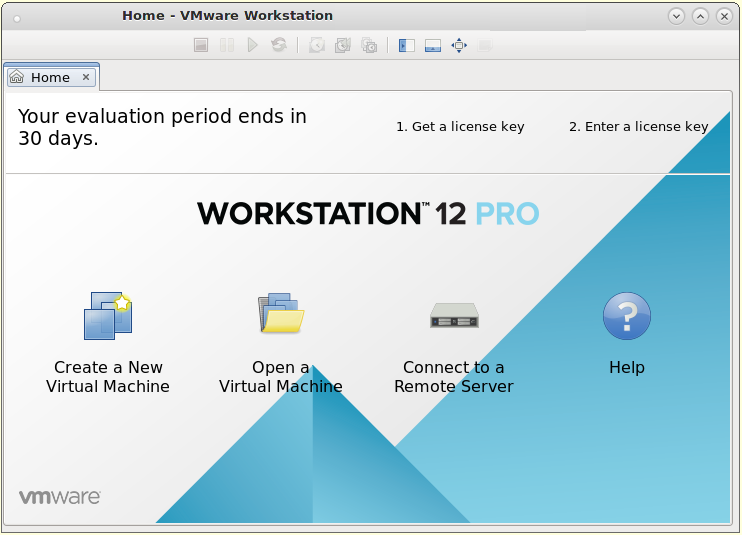
Notice the use of the word convert, as opposed to migrate. Let’s get down to the business of converting a Windows 7 VM running on Hyper-V to one hosted on a vCenter Server managed ESXi host. You can always return to the user guide if you end up stuck. Leafing through the user guide is a long winding affair, as with most VMware documentation, so I find that experimenting with the software is generally quicker if you need to determine asap if a specific type of VM can be converted or not. Regardless, here’s a video that takes you through the process of setting up a local instance.
#VMWARE WORKSTATION 10 REMOTE ACCESS INSTALL#
For example, you can install the server component on one machine and connect it to remotely using the client and remote access components installed on a second machine. The Client-server installation option, on the other hand, lets you choose and install any of the individual components. The local installation option installs all the components on the same machine. The software consists of 4 components namely the server, an agent, the client and a remote access component. You’ll need to choose between a local or client-server install. I installed mine on a Windows 10 laptop despite having the OS complain about it. Other than that, the installation process is dead simple. Once downloaded, you can install the software on either a physical machine or a virtual one running Windows. The tools can be download from here provided you have a valid VMware account. To do this, we will be using a free tool called VMware vCenter Converter Standalone.
#VMWARE WORKSTATION 10 REMOTE ACCESS HOW TO#
Today, I’ll show you how to convert a virtual machine running on Hyper-V to one hosted on a VMware platform such as ESXi or VMware Workstation. With this in mind, it is perhaps time to revisit some old preconceptions and give the MS product a thorough look.īut I digress. With Windows Server 2016 released last September 2016, things now look pretty interesting on the Hyper-V front.

I think people tend to waste too much time bashing one product over the other. The fact remains, however, that both vSphere and Hyper-V have their strong points.

One might infer that I am a VMware fanboy which is only partly true, at least when it comes to hypervisors and virtualization in general.


 0 kommentar(er)
0 kommentar(er)
